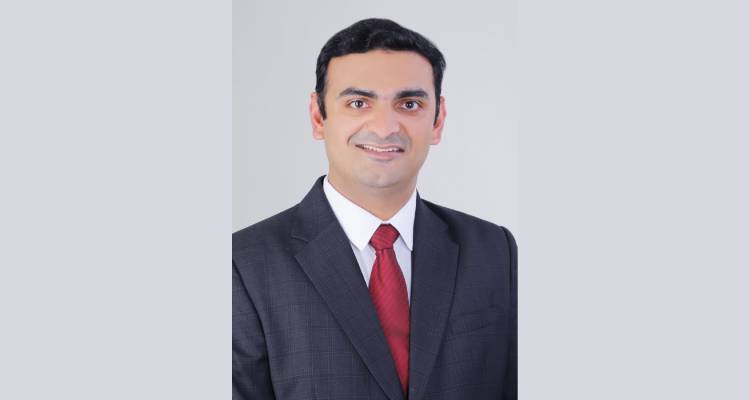Dr Aakaar Kapoor, Medical Advisor and Chief Radiologist, City X-ray & Scan Clinic explains about some top tech trends that will redefine this sector in the coming years
The COVID-19 pandemic pushed the demand for quick and accurate testing, as the global diagnostic industry grew exponentially during this period. The onset of the pandemic and the rise in lifestyle and infectious diseases have therefore created a need for high-quality diagnostics. To cater to this growing need, the diagnostics industry is undergoing a huge transformation aided by technological intervention and disruption.
The diagnostics sector in India is witnessing this change as well; in the form of automation, digitalisation, and robotisation. The sector is already facing competition to create smart laboratories and imaging systems that can handle the increasing demands from consumers and healthcare providers at a lower cost and greater speed. As the future of global diagnostics will be driven by technology, here are some top tech trends that will redefine this sector in the coming years:
Automation
A cutting-edge innovation in the diagnostic industry, automation is streamlining processes and reducing turnaround time. In critical situations such as accidents, repetitive or tedious sample loading steps can delay test results and impede patient recovery. Through automation and the use of AI (Artificial Intelligence), diagnostic laboratories can expedite testing, improve efficiency, and enhance the overall quality of diagnostic services.
Automating image diagnosis is going to be one of the remarkable applications and benefits of AI in healthcare. The computer vision capabilities will be used by hospitals and clinics to recognise abnormalities in different kinds of medical images such as CT or radiology scans. Pertinent to mention here that image recognition assists doctors in diagnosing tumors, kidney, and liver infections, improving cancer prognosis, and more.
Portable smart diagnostics
The increasing use of small, portable biosensors, like smartwatches, is revolutionising the way health information is collected. These devices can not only monitor vital signs such as heart rate, blood pressure, and respiratory rate but also enables individuals to self-monitor their health effectively. Portable smart diagnostics offer accurate data collection and instant feedback, making them invaluable tools for real-time diagnostics.
AI in medical imaging
AI systems are today transforming the field of medical imaging and disease diagnosis. AI can analyse medical images such as X-rays, CT scans and MRIs through advanced algorithms, aiding healthcare providers in detecting and diagnosing diseases with accuracy and speed. Therefore, AI-powered medical imaging enables faster and more precise diagnoses, improving patient outcomes and reducing the reliance on subjective interpretation.
Clinical Decision Support (CDS)
CDS tools are designed to shift through vast amounts of digital data and provide recommendations for treatments. These tools rapidly alert medical professionals to available information, helping them make informed decisions. By detecting underlying issues and suggesting next steps, CDS tools enhance the efficiency and effectiveness of medical decision-making.
Nanotechnology
Another emerging trend in diagnostics, nanotechnology, holds tremendous promise for improving diagnosis and is poised to be a ground breaking tool in the coming years. Diagnostic agents can be delivered precisely to targeted cells or tissues by utilising nanoparticles, enabling more accurate and early disease diagnosis. Various nanomaterials are being employed to develop ideal imaging agents, offering improved contrast, controlled bio-distribution, and multi-model imaging for ultrasound, MRI, PET, and SPECT.
Conclusion
Technological advancements are set to reshape the diagnostic industry, revolutionising healthcare, and paving the way for a more efficient and accurate approach to disease detection and treatment. Indian healthcare needs to implement these trends as much as possible to enable the penetration of cutting-edge technology in tier II and III cities. These trends, especially AI in healthcare, will immensely benefit healthcare providers and patients in different areas of operation including improved patient care, chronic disease management, early risk identification, workflow automation, and optimisation.
- Advertisement -


